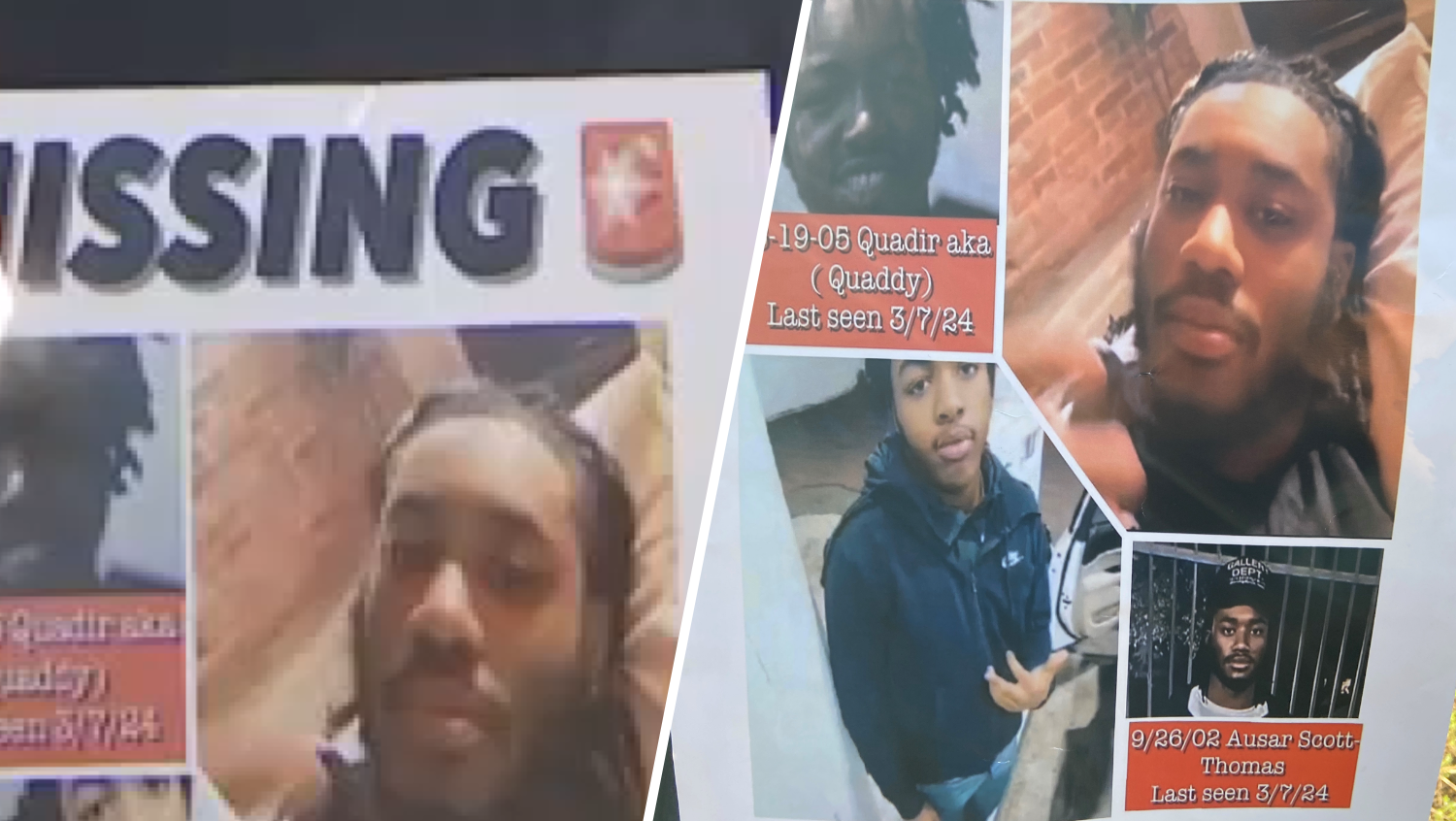In the age of the Google Wallet and PayPal, the use of fingerprints as a payment method doesn't seem implausible. And the idea wasn't for four Carnegie Mellon University students who recently launched their own biometrics-based pay system as an alternative to plastic credit.
With PayTango, a swipe of the finger links users' personal information to their credit or debit card in less than 15 seconds, making for a quick and easy-to-use system.
"We wanted to eliminate the need to carry anything around to identify yourselves. Like you have these plastic credit cards and if you lose them or get the numbers stolen off them, essentially someone could wipe your bank account," co-founder Kelly Lau-Kee told the Pittsburgh Post-Gazette.
"I think everything is moving toward a method like ours because credit cards are a very outdated system. I mean, these things were invented 40 years ago and they really haven't changed since then," she said.
PayTango founders Brian Groudan, Umang Patel, Christian Reyes and Ms. Lau-Kee are either seniors or recent graduates of Carnegie Mellon, working out of their base in Mountain View, Calif.
The founders conceived the idea for PayTango while working on a project for a TechLab start-up course at CMU during the fall of 2012. They further developed their prototype while participating in the University of Pennsylvania's PennApps Hackathon, the largest software development competition of its kind.
"When we were thinking of ideas for the start-up class, we were really intrigued by the idea of consolidating all your credit cards into one. We figured, 'Why would you need to carry anything at all?' We then looked into biometrics as a way of identification, increasing the security and convenience factor of paying," Ms. Lau-Kee said.
Local
Breaking news and the stories that matter to your neighborhood.
The PayTango prototype machines were built at the PennApps hackathon using just an iPad, a fingerprint reader and a magnetic card reader. The fingerprint reader locates several unique points from fingerprints of the pointer and third finger, and stores them, allowing the fingerprint to be recognized the next time. The screen works much like an ATM machine and can read the fingerprints despite slight wetness or skin oil. During the contest, the device received recognition and multiple awards.
It was only then that the co-founders decided to take their device to the next level by building a start-up business. In less than a year, what they say is a safer and more convenient form of payment came to life.
The first PayTango machines were installed late last month at three eateries on Carnegie Mellon's campus. Since then, several hundred students have registered for PayTango at machines that link their fingerprints to their CMU identification cards, which are used to purchase meals.
The founders also expanded their system into the Silicon Valley, sealing the deal with a few gyms, restaurants and convenience stores in the area. The founders believe that partnerships with gyms will improve access control and convenience, and that partnerships with convenience stores will support loyalty rewards.
"We want to just keep developing the product and expanding it into various applications. The great thing about starting this at CMU is that your CMU ID is universal and used all around campus. Because of this, people can really find value in a program like PayTango. We're looking for more markets like that -- places in which our system would really be useful," Ms. Lau-Kee said.
Businesses are already picking up on PayTango's usefulness -- the system recently received acclaim on sites such as Mashable and TechCrunch. The founders also were accepted into Y Combinator, a selective incubator program in Mountain View. Calif., that supports the development of entrepreneurial companies.
"What they're doing is bringing a very simple idea into reality," said Garry Tan, a partner at Y Combinator. "Payments should be easier, and we're now capable of doing it without fancy cards or readers or anything besides what we carry around with us all the time right now -- our fingerprints."
In terms of safety and privacy concerns, the co-founders reassured users that the system does not store fingerprint images.
"Instead of storing your actual fingerprint, we're using fingerprint templates. The system stores only the major points of your fingerprint and recognizes it the next time, without storing your actual fingerprint image. You can't reverse engineer those types of points to recreate a full-fledged fingerprint."
The team has yet to run into system glitches, but the co-founders are working to make the machines more sanitary for users by configuring a system that has employees of businesses clean it more frequently.
In coming months, PayTango plans to expand its system to more CMU eateries and to other universities as well, both in Pittsburgh and the Silicon Valley.



